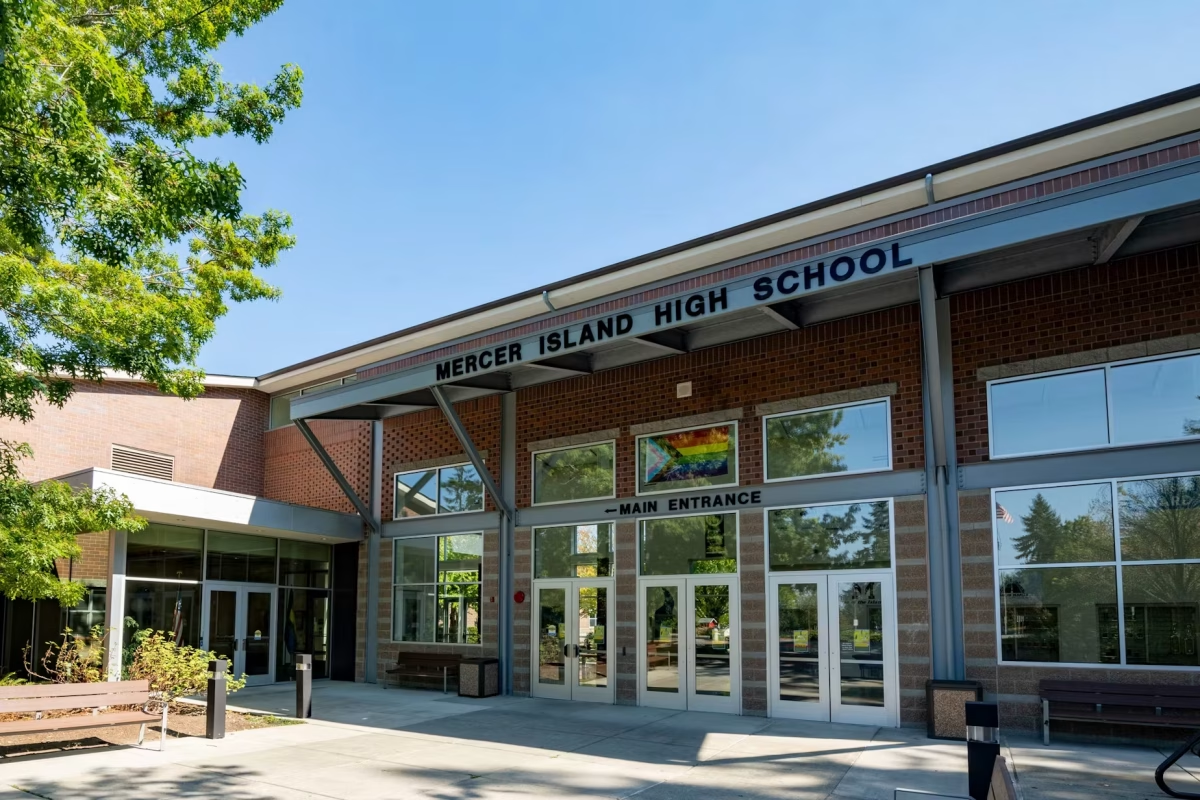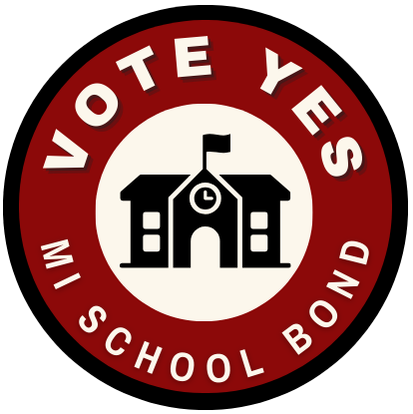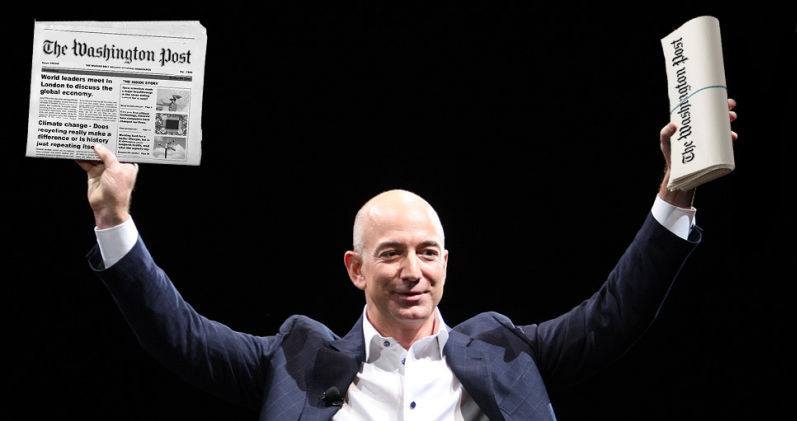For the 2025-26 school year, MIHS has banned the use of personal laptops in school, aiming to bridge equity gaps, prevent academic dishonesty and address technology issues. While these goals are commendable, this new policy, following last year’s Yondr implementation, is a step in the wrong direction. By restricting students’ access to their own devices, the school is inadvertently lowering the standard for all. That being said, the school cannot provide MacBooks for all of its students, nor does it want to. Principal Nick Wold explains that the laptop ban is to ensure “tech being able to provide adequate support for everybody else [and] that all of our students have a well-working device that is manageable for our infrastructure.”
While this makes perfect sense, there are many specific instances in which a personal laptop is more efficient than a Lenovo and imposes no harm on others. Students in media classes such as journalism, yearbook and International Entrepreneurship use editing software that runs more smoothly on personal devices. Switching to Lenovo’s reduces productivity in these classes, as students struggle to navigate platforms they should already be familiar with.
However, many core-class teachers support the ban with the hope of creating a school-wide teaching platform, including Lockdown Browser and Securly. Lenovo makes this possible. With that in mind, the school’s inability to support personal devices does not necessitate an outright ban.
A more balanced approach could have been to enforce a policy requiring students to use their Lenovo, while still permitting the use of personal devices in off-periods and work time. They could also have informed students that the IT staff would no longer service personal laptops if the technology maintenance proved too demanding. These would have been more moderate steps when considering the significant shift from last year’s lenient policy enforcement.
We understand that it is easier for staff if there is a consistent platform and that the school would do its best to ensure everyone is on a level playing field. But this ban overlooks the numerous other expensive academic resources students utilize daily. These include paid SAT tutors, math tutors, Privett classes, test prep resources and high-tech software such as Grammarly Premium, all of which are permitted. Despite this, all MIHS students, regardless of their financial status, have been provided with resources to earn an “A” and succeed in their classes. This equitable goal of ensuring students have baseline tools has already been met, so prohibiting extra resources
doesn’t limit any students’ success.
It seems to us that the equity factor in this decision was primarily of concern to adults. When asked if the decision was motivated by student complaints, Wold states, “There isn’t a forum in which we have had students say, ‘I have other kids that are doing more than I’m capable of doing.’ It’s not from a student piece.”
By limiting students to a single, mandated device, we’re not preparing them for a world where access to familiar tools is a key to productivity and success. In short, while the school’s concerns are valid, this policy risks hindering student growth by imposing a form of equity that limits opportunity rather than expanding it.










